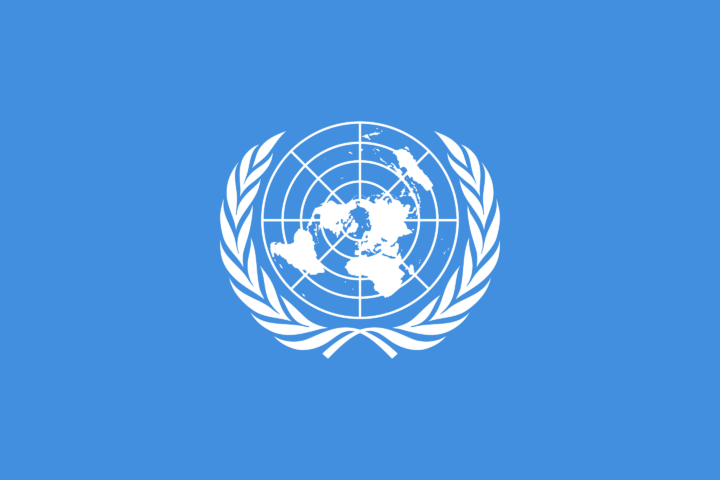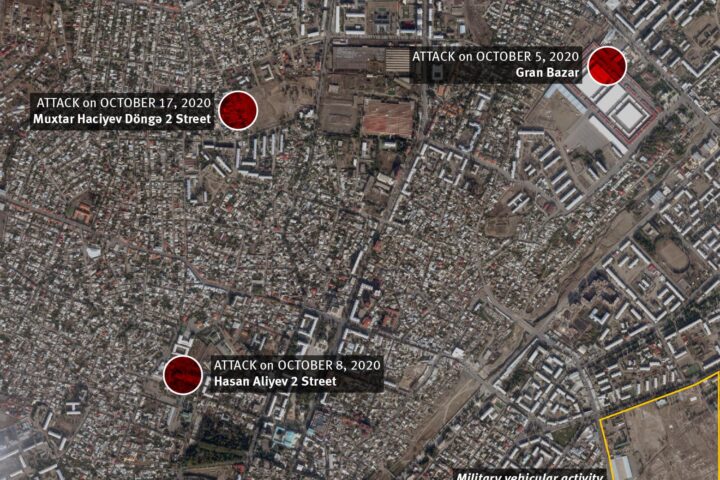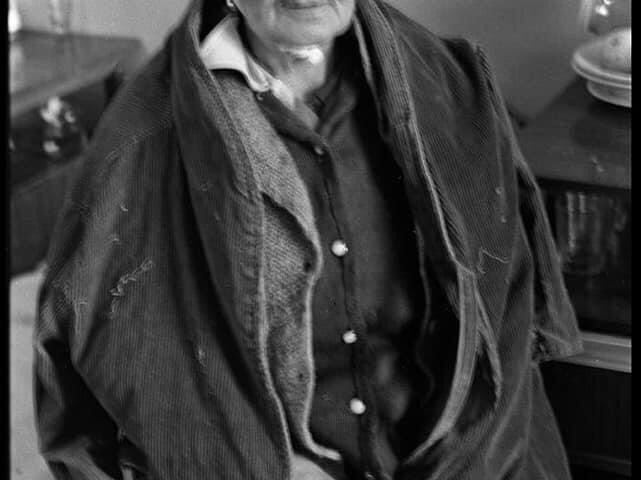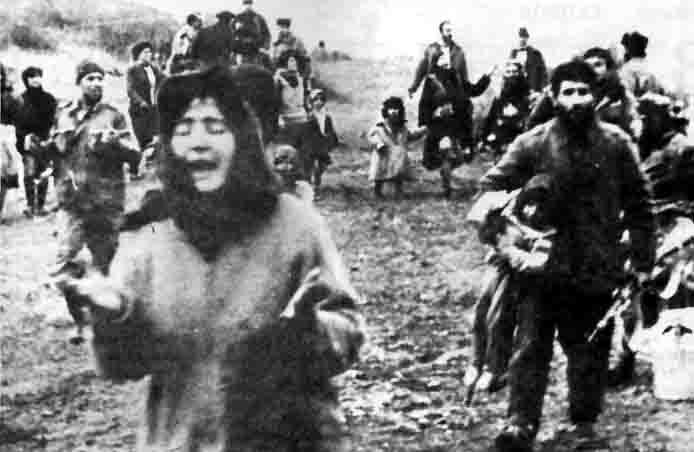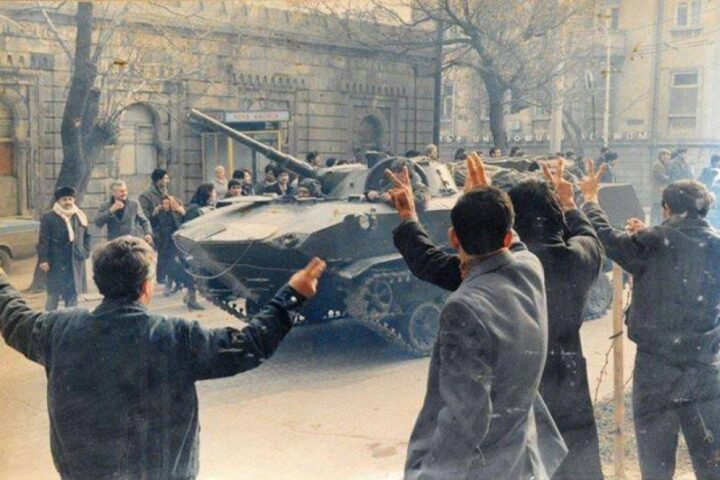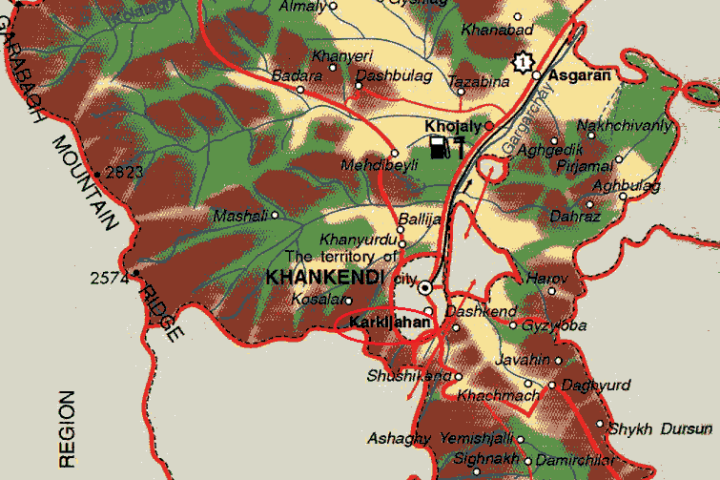4. Nagorno-Karabakh Conflict as an international armed conflict
When we treat the conflict from this aspect, first of all the violation of the Art. 2 para. 4 of the UN Charter by the Republic of Armenia should be examined. Such violation results out of Armenia’s sending of its armed forces to Nagorno-Karabakh or its support for the Armenian people, residing there. This provision of the UN Charter prohibits threat or use of force in international relations, which contradict the purposes and principles of the UN.
4.1. Prohibition of use of force according to the UN Charter
First, it should be examined, which type of force is envisaged in Art. 2.4 of the UN Charter. We can unequivocally say that this provision prohibits use of military force in international relations, i.e. direct use of armed forces against the territory or armed forces of any country[ref]see, Fischer, in: Ipsen, § 59, RN 12; Randelzhofer, in Simma, Art. 2 (4), RN 16 [/ref]. Furthermore, it should be examined, whether Art. 2.4 of the Charter envisages direct use of force, i.e. support of any aggressor state or sending of armed groups to the territory of any state. It is not possible to get a comprehensive information from the text of the abovementioned provision in this regard. Other provisions of the UN Charter are also unhelpful in this respect. However, we can refer to the Declaration of the UN General Assembly of 1970 “On friendly relations among States” as a customary law. This Declaration contains the following provisions on prohibition of use of force:
«Every state has obligation to refrain from organizing or encouraging organization of illegal forces (including mercenaries) or armed groupings for the purpose of intervening to other state’s territory»[ref]see G. A. Resolution 2625, Tomuschat, p. 79[/ref]
During dealing with the Nicaragua case, the International Court of Justice referred to this provision and stated that principally intensive support to rebels on the territory of other state can also be treated as use of force, as envisaged in Art. 2.4 of the Charter.[ref]see ICJ Reports, 1986, p. 119, § 338, in: ILM 25 (1986), p. 1076.[/ref]
Resolution 2625 also envisages relevant provision on self-determination:
«Every state has to refrain from any actions aimed at partial or complete destruction of national and territorial integrity of any other country or state»[ref]see, G. A. Resolution 2625, in: Tomuschat, p. 81. In this regard resolution of the Supreme Soviet of the Armenian SSR dated from 01.12.1989 should again be mentioned).[/ref].
Other provisions of the resolution also prohibit use of force in any form. This also envisages use of indirect force. Taking the above mentioned into account, we can conclude that although Armenia denies its direct involvement in the conflict, it has violated Article 2.4 of the UN Charter by its indirect involvement, i.e. sending of armed groups, or providing intensive support for the Nagorno-Karabakh separatists. Thus, the Republic of Armenia has violated legal values like territorial integrity and political sovereignty of Azerbaijan protected under the said Article, and such violation contradicts the purposes of the UN.
The above mentioned article prohibits use of force only in international relations, i.e. between two states. Thus, this article does not envisage use of force within state boundaries. That is why, we can absolutely say that even if the conflict can be treated as a conflict between Azerbaijan and Nagorno-Karabakh, i.e. as an internal (non-international) armed conflict, as insisted by the Armenian side, then Azerbaijan will still preserve its right to use armed force at any time against Nagorno-Karabakh separatists with the purpose of restoring its territorial integrity observing relevant norms of international law (Additional Protocol II from 1977 to Geneva Convention of 12.08.1949 on protection of the victims of non-international armed conflicts).




